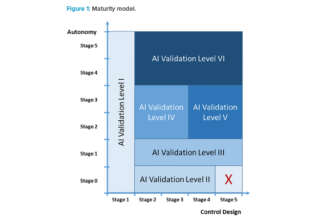
JPMorgan Chase is paying $200 million in fines to two U.S. banking regulators to settle charges that its Wall Street division allowed employees to use WhatsApp and other platforms to circumvent federal record-keeping laws.
The Securities and Exchange Commission said Friday that JPMorgan Securities agreed to pay $125 million after admitting to “widespread” record-keeping failures in recent years. The Commodity Futures Trading Commission also said Friday that it had fined the bank $75 million for allowing unapproved communications since at least 2015.
SEC officials who spoke to reporters Thursday evening said JPMorgan’s failure to preserve those offline conversations violated federal securities law and left the regulator blind to exchanges between the bank and its clients.
Federal law requires financial firms to keep meticulous records of electronic messages between brokers and clients so regulators can make sure those firms aren’t skirting anti-fraud or antitrust laws.
The move is the latest sign of an ongoing battle between regulators, banks and employees over the use of personal devices. Policing the use of unofficial channels became even more pressing when most of Wall Street went remote during the coronavirus pandemic. Regulators in New York and London have ratcheted up enforcement of record-keeping rules recently as traders migrated to encrypted messaging platforms including WhatsApp, Signal or Telegram.
While phone conversations and messages on official company devices and software platforms are preserved, it’s much harder for bank compliance departments to surveil communications on third-party apps.
That workaround picked up in popularity after two of the industry’s biggest trading scandals of the past decade, involving manipulation of Libor and foreign exchange markets, hinged on incriminating messages preserved in chatrooms, resulting in multibillion-dollar fines for banks.
Traders at JPMorgan, Morgan Stanley, Deutsche Bank and other firms have been dismissed or placed on leave for infractions tied to the practice. But the SEC order revealed how pervasive it is.
[“source=cnbc]







